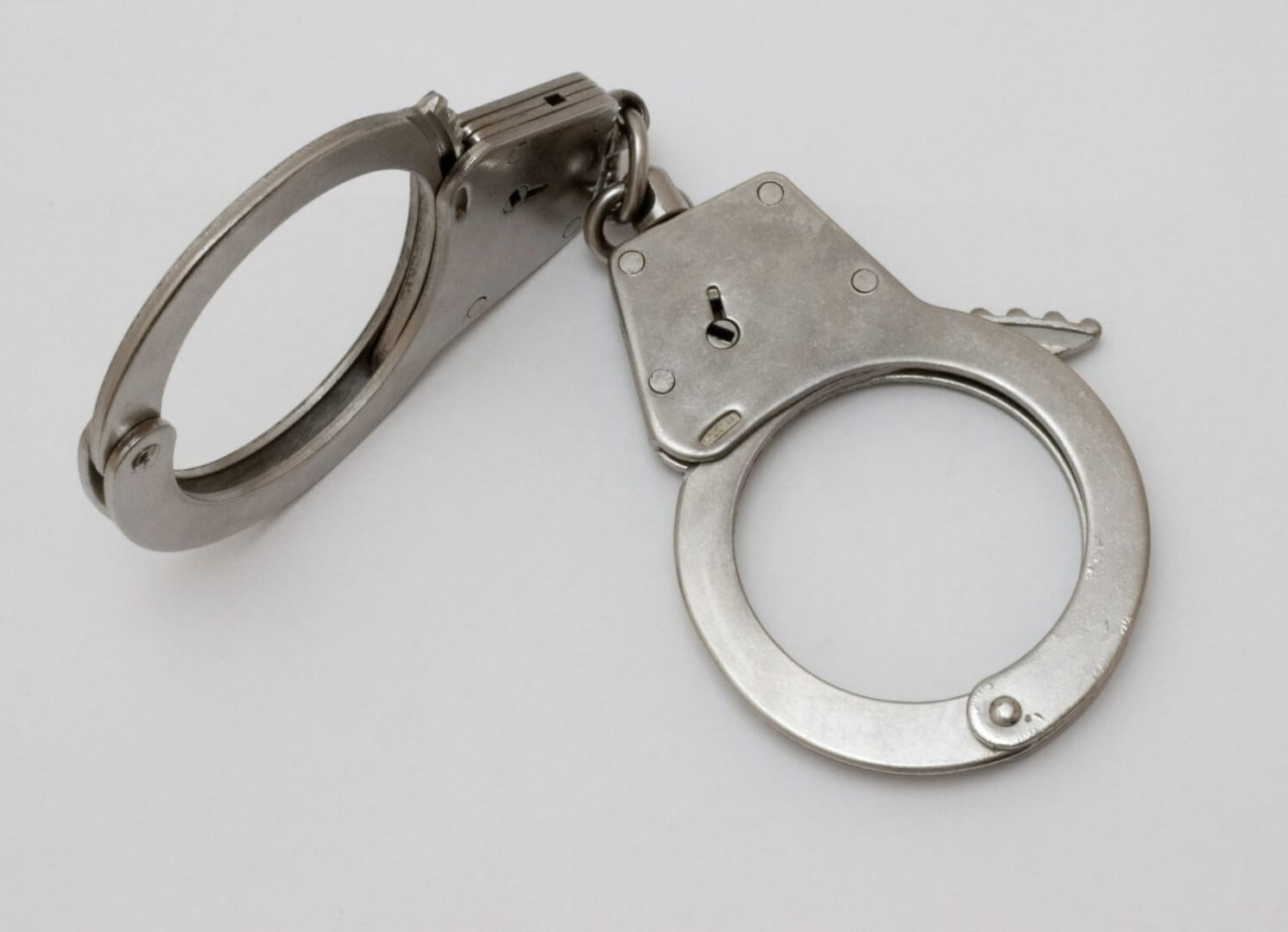People are convicted for dealing illegal drugs or purchasing these materials on the street, but the ugly reality of drug abuse does not stop here. For many convicts, time behind bars is not just a temporary tomb but also a pit of despair while they endure the sometimes life-threatening symptoms of drug withdrawal and detoxification. Compulsive behaviors and physical illness remain untreated and, when the convict is ultimately released, they are often faced with the same problems that brought them to prison in the first place. So what steps should be taken to ensure drug abuse stops behind bars?
Statistics
A study in 2012 revealed that drug-related crimes accounted for a large portion of activity in the correctional population, approximated to be over 6 million convicts (with an additional 4,793,000 serving probation or parole). More disturbing is the fact that, while 50% of prisoners were diagnosed as addicts or abusers, less than 20% of these individuals received the treatment they required. A reported 14.7% of convicts actually underwent rehabilitation and withdrawal in a safe environment.
Likewise, incidences of co-occurring addiction take place in the criminal justice system. A staggering 75% of inmates suffer from mental health problems that result from addiction or abuse.
Treatment is Always an Option
Health experts warn that isolated withdrawal and detox are not effective means of “curing” addiction and can violently backfire, resulting convicts returning to drug-related criminal activities. Studies have shown that early screenings and treatment in prisons can lessen the changes of violent crimes related to drugs and potentially prevent a return to prison. Likewise, convicts can serve as test subject for behavioral or cognitive therapy, and additional health examinations may prevent the spread of drug-related diseases like HIV/AIDS.
Based on this information, health experts may consider using synthetic opiates or variations of illegal drugs to ensure a slower and easier withdrawal for convicts. Through careful studies and strict security, the criminal justice system will not only ensure released prisoners can live better lives but can also prevent additional drug-related activity on certain levels. Prisons also offer an opportunity for more in-depth studies that may help civilian drug addicts or alcoholics in the same manner.
Remember that there is always hope for you. Drugs and alcohol do not have control over your life. You do. If you are suffering from drug abuse or addiction or have a friend or family member suffering from this illness, get in touch with Asana Recovery. Counselors and healthcare experts can walk you through every step of the detox and withdrawal process and help guide you to a happier, healthier, and freer lifestyle. While it might not be an easy road to travel, we promise to help you every step of the way. Take the first step to keep you and your unborn child safe.
The time for you to take back control of your life is now. If you are interested in one of our residential treatment or supervised detoxification/withdrawal programs, we are ready and waiting to speak with you at your disclosure. Call Asana now at (949) 438-4504 to learn how to overcome your alcohol or drug addiction troubles today.



